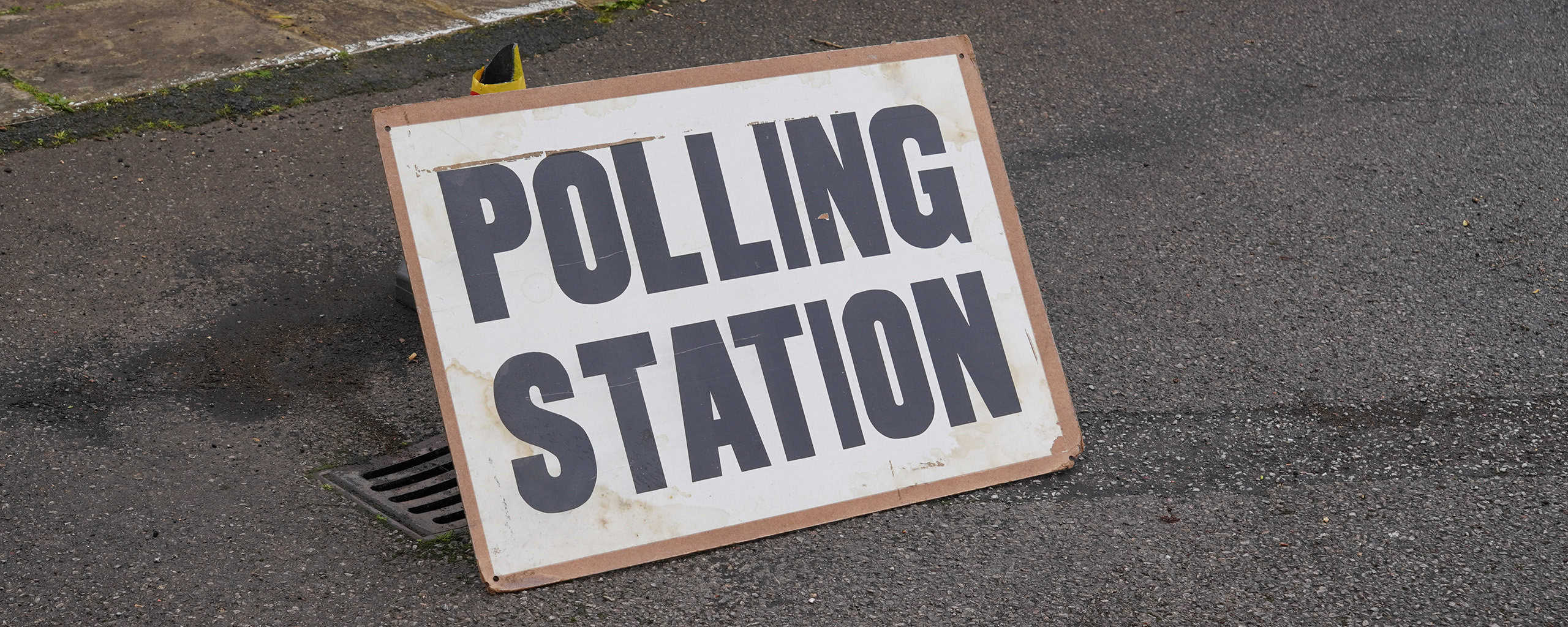
Certainly, it will be interesting to see how President Macron accommodates the hard-left Popular Front of Jean-Luc Mélenchon and others who celebrated tactical victory in the second round of French elections. And, as things stand, American voters aren’t even sure who will be on the ballot come November.
By contrast, a whale of a majority for Keir Starmer does seem agreeably sedate, and markets, we are told, abhor uncertainty.
The squeeze
Given Labour’s ambitions to spend more on public services, but with untrammelled borrowing out of the question ever since Liz Truss’s dalliance with bond markets, higher taxes are inevitable.
However, new Chancellor of the Exchequer Rachel Reeves has not given much away about how much she’ll take – the manifesto mentions ‘only’ £7–8 billion or so of estimated revenues, mainly from closing loopholes on non-doms and imposing VAT on private school fees. While a staggering sum in its own right, it nonetheless pales in comparison to the overall tax haul and will certainly not be enough to move many of Labour’s preferred dials.
We can therefore surmise that further hikes lie down the line. Some have speculated that capital gains tax could be increased, perhaps in the autumn. If so, it would plausibly happen overnight, minimising any warning to crystallise profits at a lower rate. Other rumours include the possibility of closing loopholes relating to agricultural land and inheritance tax.
On this particular front, we think it generally unwise to take pre-emptive action which could prove a mis-step. It rarely pays off to boldly rearrange your assets on the basis of what others might decide. Broader conversations centred around your financial goals are usually the best way forward.
Besides, it may well be the case that the young government opts to prove its fiscal discipline. Waiting a year or so might buy it headroom for spending in a future budget, especially if international borrowers conclude that the UK really is one of the world’s safest havens for the time being.
Counting the uncountable
But whatever ‘dullness dividend’ accrues to British assets, it will ultimately have to be weighed against the cumulative effects of Labour policies over the coming years.
In this respect, Angela Merkel’s Germany serves as a warning – her decade-plus as Chancellor was hailed as a model of sensible Teutonic order. But no sooner had she stepped down than the bill of her anti-nuclear energy policy came due – in rubles.
We cannot know in advance whether Labour’s clean energy ambitions or indeed any other of their manifesto pledges will be successful or self-sabotaging, but they will undoubtedly have an effect. The point is that although the short-term political outcome is clear, long-term uncertainty remains.
Indeed, supply-side reforms may represent the juiciest low-hanging fruit for Labour to pluck. Development of nuclear power plants, prisons, film studios, department stores and of course houses have all been blocked over the past 20 years or so. Giving the green light costs nothing to the Treasury and may well spur increases in productivity.
But Labour’s interventionist instinct is all too visible in a battery of new regulations to be foisted on businesses. With costs not easily quantified, such measures are typically subject to less analysis than those with numbers attached (whether plausible or not), yet their long-term effects could be substantial.
And that is before we even consider what lies downstream of cultural policies. After all, the Enlightenment was never in any manifesto, but measures to set it back have featured in many.
Looking rosy?
Back in 2010, the Conservative–Lib Dem coalition made the most of a note left in the Treasury apologising for there being ‘no money left’. Now, a fresh intake of Labour spin doctors is putting out a twist on that blame game, insisting that they’re the victims of an economic hospital pass. Is that fair?
It’s true that interest rates are relatively high and public debt is a chastening 100% of GDP, but the picture is not unremittingly bleak. UK growth has recently been the highest of all G7 nations, inflation is down to its 2% target, and manufacturing activity is expanding, in stark contrast to sharp industrial declines in France, Italy and Germany.
Looking ahead, Capital Economics forecasts GDP growth of 1.2% in 2024 and 1.5% in both 2025 and 2026, above the consensus view. This is in part due to the anticipated productivity benefits of artificial intelligence.
All in all, it may well be that both Emmanuel Macron and Rishi Sunak rue their summer snap elections, albeit for different reasons.
Debt timebomb?
We can be reassured that Rachel Reeves seems to have taken on board the lesson of the Liz Truss ‘Mini-Budget Moment’ back in 2022, that borrowing for the purpose of uncapped public spending does not make for happy lenders.
Somewhat surprisingly, however, this episode does not seem to have made its mark internationally. Neither US political party seems keen to get to grips with public debt, while in France the Popular Front is insisting on hundreds of billions of euros of splurging, all while public debt is well over 100% of GDP. Are we due some sort of Financial Crisis redux?
At least the US has the privileged status of having the world’s reserve currency and largest economy. We have the sense, though, that public debt will carry on rising until it can’t, much like the periodic bouts of brinkmanship that arise over the US debt ceiling. As Churchill is supposed to have said, ‘you can always count on Americans to do the right thing – after they’ve tried everything else’.
France, meanwhile, has the reprieve of its political quagmire. Mélenchon’s alliance fell short of enough seats to force its way. French government bond yields have actually fallen slightly, grateful for the stasis which may grip the Fifth Republic for perhaps the next 12 months.
Furthermore, we should remind ourselves that while public debt is indeed a drag on present growth through interest payments, global net borrowing is precisely zero – we owe it to each other.
Hotter, colder
Nonetheless, a low-octane governmental baton pass such as the one we have just managed in the UK remains something to be envied. Though we are sadly not strangers to political violence or indeed assassination attempts, we have thankfully not had to pre-emptively deploy tens of thousands of riot police, neither have we witnessed candidates writing off elections as rigged.
Are we just lucky to have rarely suffered from such febrile political atmospheres, or is there something to our much-maligned electoral system that inoculates against it?
Though lambasted for its lack of proportionality, our First Past The Post (FPTP) electoral system has the infinitely greater virtue of producing (most of the time) decisive yet fragile majorities. These enable governments to legislate without compromise or back-room dealing, while preserving the all-important ability of the electorate to calmly send them packing overnight.
A curious parallel with investing is visible here – in both electoral systems and markets, error correction is paramount. As Hayek observed, markets enable individuals to make conjectures about prices of goods and services – conjectures containing dispersed knowledge of supply, demand and so on.
Each of these conjectures no doubt contains errors – as none of us is infallible and the world changes unpredictably. Well-functioning markets constantly correct those errors, providing bleeding-edge estimates of perceived value. Poorly functioning markets – those which brook no price disagreement – fail to reflect wider knowledge.
An argument for investing in index-tracking funds, therefore, is that they maximise this error-correcting potential. Perhaps there is a sense in which active managers are to portfolios what central planners are to economies.
Ultimately, both markets and governments make mistakes. It is therefore unrealistic to say ‘things can only get better’. But with sound systems of error correction, we can happily and irrefutably conclude that things can always get better.
Watch our latest Economic Update
Important information
As a bank, we do not have a political position and our clients have a wide range of views on politics.
Investments can go up and down in value and you may not get back the full amount originally invested.
